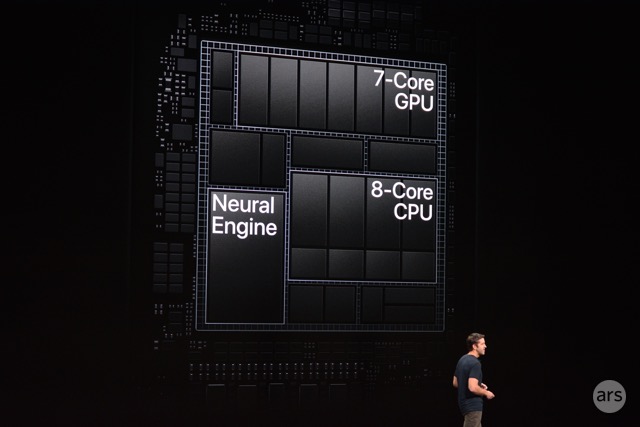
Imagination Technologies, which used to provide the graphics processors for Apple's mobile devices, has entered into a new licensing agreement with Apple that comes after two years of turmoil between the companies. Imagination shared the news in a very short press release on its website:
Imagination Technologies (“Imagination”) announces that it has replaced the multi-year, multi-use license agreement with Apple, first announced on February 6, 2014, with a new multi-year license agreement under which Apple has access to a wider range of Imagination’s intellectual property in exchange for license fees.
Founded in 1985, UK-based Imagination Technologies (formerly called VideoLogic) has produced silicon and software for home theater set-top boxes, the Sega Dreamcast game console, arcade game cabinets, and many other devices—including the GPUs for Apple’s iPhones until Apple began designing its own video chips in recent years.
Through much of the 2010s, Imagination was heavily dependent on Apple for revenue, and its fortunes were tied to shrinking iPhone sales. Apple reportedly hired engineers and other employees away from Imagination, and ultimately the company notified Imagination in 2017 of its intention to end its licensing agreements within two years in favor of making its own chips.This led to a dramatic drop in Imagination’s stock value, and Imagination opened a dispute with Apple claiming that the tech giant would be unable to legally make the chips it was making without the licensing agreement. Ultimately, Imagination was acquired by private equity firm Canyon Bridge in a fire sale.
Imagination has been working on ray-tracing—a much-lauded graphics technology currently offered in high-end desktop gaming GPUs. The company's announcement this week does not specify what Apple is looking to tap with this license agreement, but ray-tracing in future GPUs seems like a reasonable guess. Ray tracing has so far mostly been marketed in tandem with games, but it could also be highly effective when used in augmented reality applications, a recent focus of Apple's resources.
reader comments
88